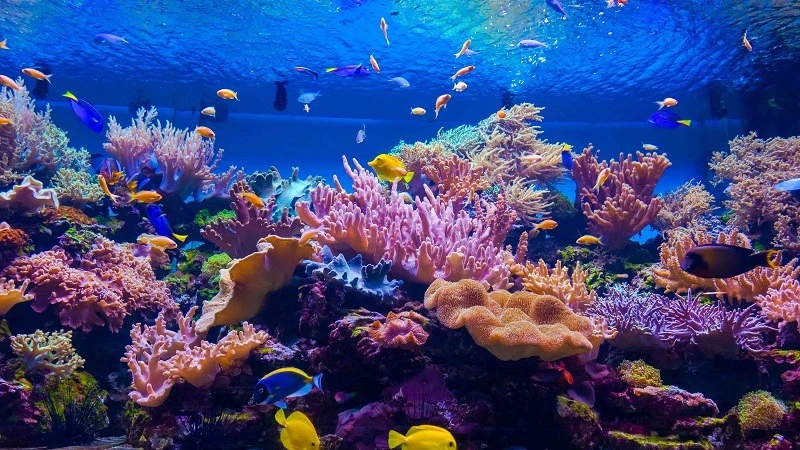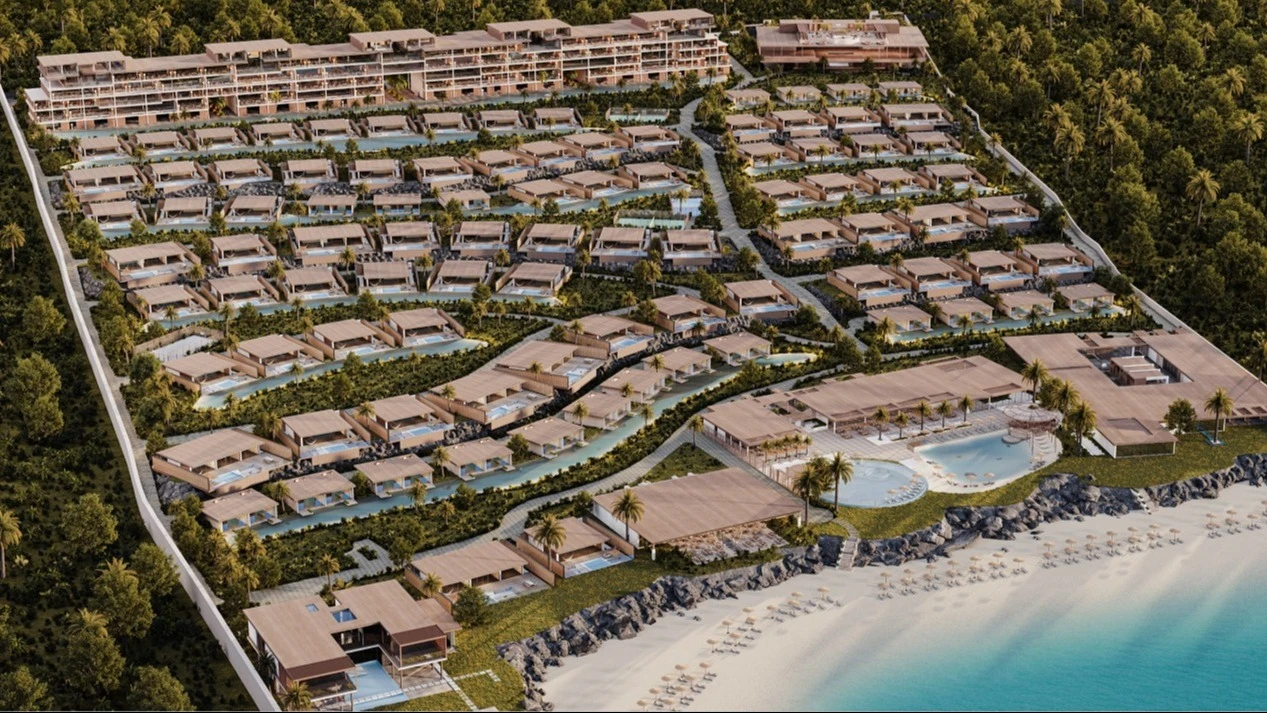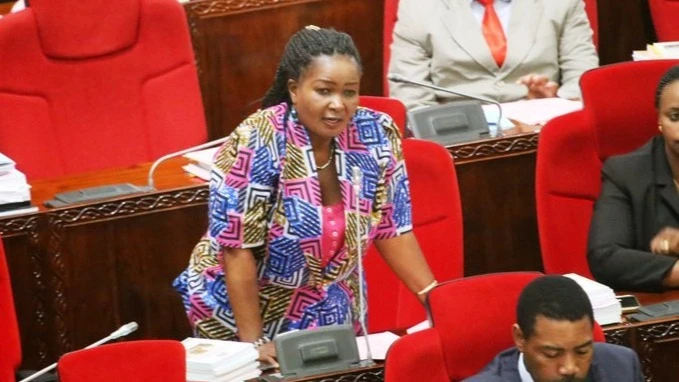Z’bar starts coral reef conservation training

FISHING and tourism stakeholders have been tasked to prioritise conservation of coral reef areas to preserve the resources and mitigate impacts of climate change.
Dr Makame Omar Makame, the Blue Economy and Fisheries director of marine conservation for Zanzibar, issued this appeal at a day-long stakeholders' meeting and training under the coral conservation project here yesterday.
Emphasizing the critical role of coral reefs in the fishing sector as it attracts numerous tourists who engage in recreational activities, he said that besides tourism, coral reefs are essential for sustainable fishing, home of abundant fish production, benefiting local fishers.
In recognizing the importance of coral reefs, the government has designated 14 areas with significant coral resources, with seven areas already marked for conservation, including tourism activities aiding the national income, he said.
Despite the fact that coral reefs play a vital role in people’s livelihoods in the Indian Ocean archipelago, the resources are under threat from climate change, overfishing and explosive use in illegal fishing habits.
Stressing the importance of preserving these areas given their rich biodiversity and preventing further degradation, he said that coral reef degradation arises from warmer sea temperatures and unsustainable fishing practices.
Stakeholders need to adhere to regulations to protect these resources, he said, noting that as part of conservation efforts, the government has identified 14 areas with undamaged reefs. “Others have damaged corals and we are planning to preserve them,” he stated.
“We have placed buoys so that people are careful, understanding that fishing activities are not allowed at that place,” he cautioned, asserting that the relationship between the sea and coral is crucial for ocean health.
“We've witnessed corals regenerating even at significant depths,” he elaborated, explaining that the department is seeking to enable sea conditions to restore the reefs to their original state.
Geofrey Ngupula, the project coordinator, stated that the overall aim is to enhance coral conservation awareness among various stakeholders, expressing concern over significant damage observed in the marked coral areas.
Conservation efforts include cultivating awareness among stakeholders to help conserve and sustainably utilize the resources for optimal benefits, he said, underlining that over 80 percent of the country’s fishermen rely on coral reefs for their livelihoods.
Failure to protect the reefs would result in reduced fish production, hence the need to implement various measures to control the use of illegal fishing gear to ensure the health of reefs and growth of fish stocks.
Bakari Jaha, the Africa Foundation co-ordinator for Zanzibar, pointed out that tourist traffic has a significant connection with visiting the house reef, notable for its scuba diving activities.
“Initially, the area faced significant pressure from tourism, with 200 boats carrying at least 400 guests entering an area of only 200 sq metres,” he said, highlighting that to preserve the area, the government working with stakeholders like the Africa Foundation decided to limit the number of visitors to 80 per visit.
Similarly visitors were being charged $3 but the fee was raised to $25, which has not only enhanced environmental preservation but also increased revenues, he said.
Participants at the training session expressed intent to pursue various initiatives to ensure the preservation and enhancement of coral reef resources for current benefits and for future generations.
Top Headlines
© 2024 IPPMEDIA.COM. ALL RIGHTS RESERVED






















